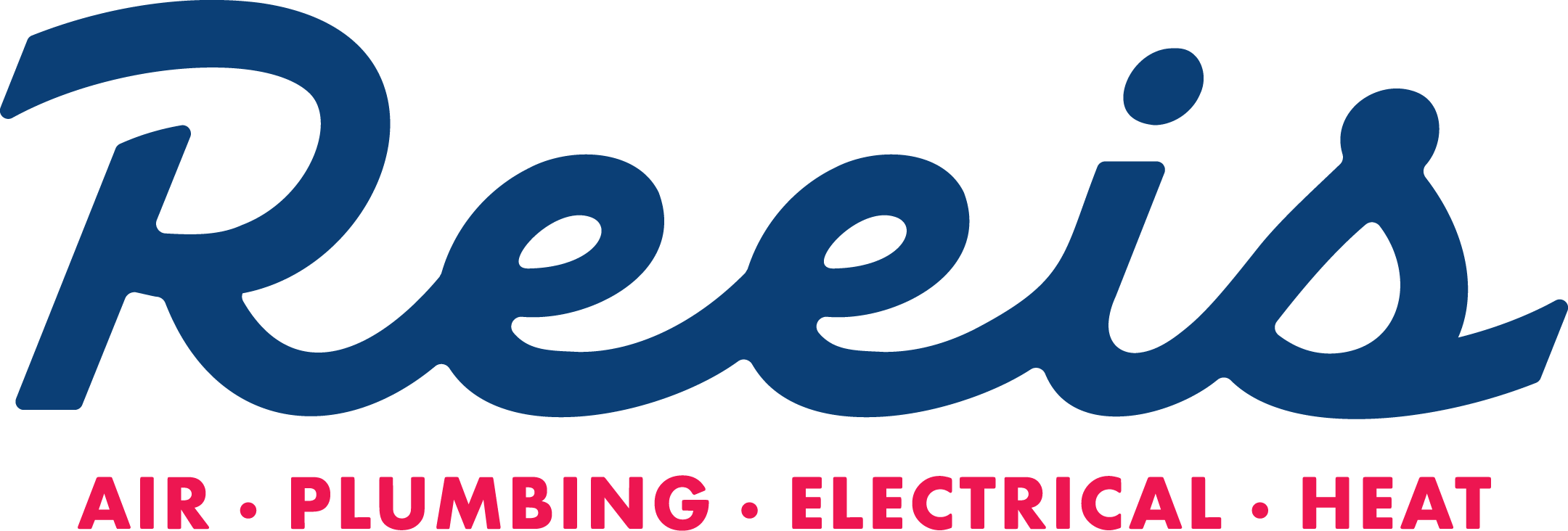The HVAC unit works hard to keep your Scottsdale, AZ, home comfortable throughout the years. Unfortunately, many myths surrounding the operations of HVAC systems are misleading. Here we’ll try to tackle some of them while providing facts.
Myth 1: The Bigger the System, the Better
Fact: A bigger HVAC system doesn’t mean better operation or more savings. The power and size of an HVAC system get measured to fit your home. A big and powerful system may provide comfort but may also make short on and off cycles.
The short on and off cycles may cause high humidity levels inside your home, which poses a health risk. Oversized systems may lead to leaking ducts and poor distribution of air.
Undersized units, on the other hand, will run longer, which will drive up energy consumption. Your HVAC service technician should accurately measure your home and analyze the current unit to get the right-sized system. The right-sized system will prevent wastage of energy and reduce your monthly bills.
Myth 2: Air Leakages are Easy to Find
Fact: While air leaks around the windows and door may be easy to find, other parts are hard-to-reach. Areas such as the chimney and ductwork may prove hard to find insulation problems.
To find these insulation problems, we recommend scheduling a professional home energy audit. Using a blower door test, the service technician can pinpoint the areas where you’re leaking air and recommend sealing.
Myth 3: Only Square Footage Matters for HVAC Sizing
Fact: Many factors determine the size of an HVAC system. The service technician takes into account aspects such as window orientation and volume. Simply using square footage as the only aspect may lead to an oversized heating and cooling unit.
An oversized system not only fetches a higher upfront fee but will have more power than you need. Always ensure you ask your service technician how they’ll determine the size of your system.
Myth 4: Ceiling Fans Keep Your Home Cool
Fact: Fans don’t cool or heat your living space. However, they make you feel cooler due to the windchill effect even though they doesn’t lower temperatures. Fans provide a nice breeze during summer and allow you to set a higher temperature.
We recommend using a fan as a supplement to the HVAC system. Ensure you turn it off every time you leave.
Myth 5: Energy Efficiency Doesn’t Add Value to Your Property
Fact: Most homebuyers prefer properties with energy-efficiency features. By lowering your energy bills, you not only benefit by saving money, but you also get a great selling point to your potential customer. Research conducted by the National Association of Realtors shows that the cost of heating and cooling a home is critical to 85% of homebuyers.
Myth 6: Closing Registers and Vents Reduces Energy Costs
Fact: Despite having levers for opening purposes, the vents and registers shouldn’t get closed. Your heating and cooling system fits your home, and closing the vents and registers reduces airflow. Closing the vents and registers affects the system’s ability to balance pressure throughout your home.
The system gives out the same amount of conditioned air even if the vents get blocked. Blocking the vents may also lead to leaking ductwork. Ensure that nothing blocks the vents and registers, including furniture and clothing.
Myth 7: Portable Electric Heaters Save Energy
Fact: Energy saving with portable electric heating depends on circumstances. For instance, if you’re using a portable heater and turn off the central heater, you can save energy. Unfortunately, most people run both the central system and the portable heaters at the same time.
In such a case, you not only waste energy but increase your monthly utility bills. To save on energy using portable heaters, ensure that you switch off your central heaters. Additionally, gas heating systems are more energy-efficient than electric heating systems.
Misconceptions about the HVAC system not only affect energy but may affect the levels of comfort you receive. For more information about HVAC maintenance, contact REEis Air Conditioning.
Image provided by iStock









